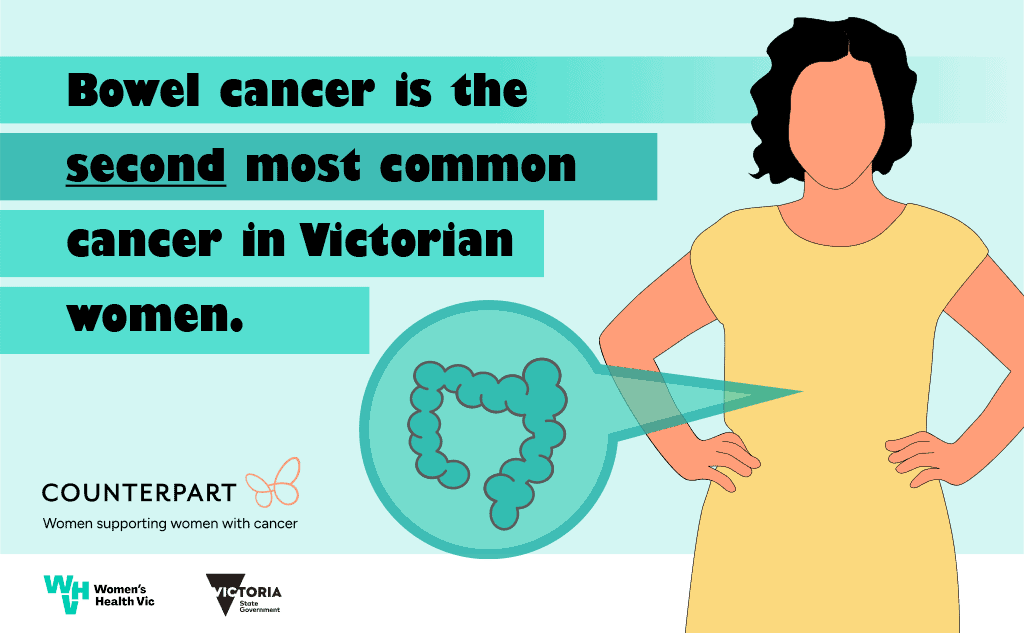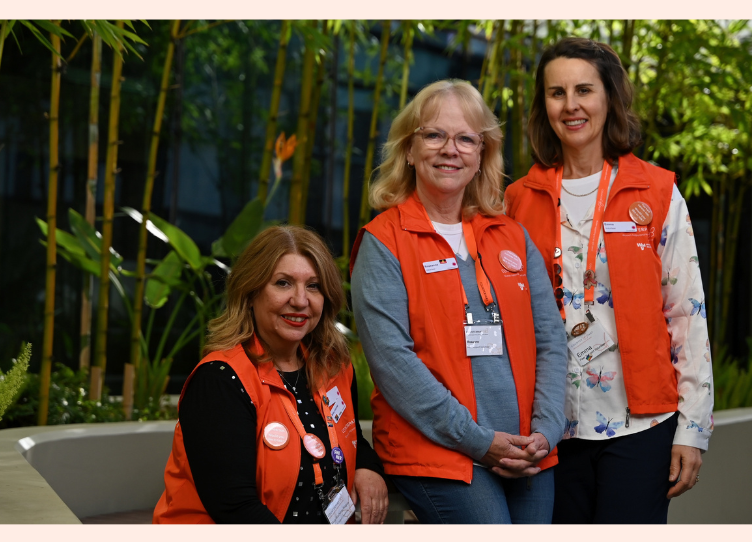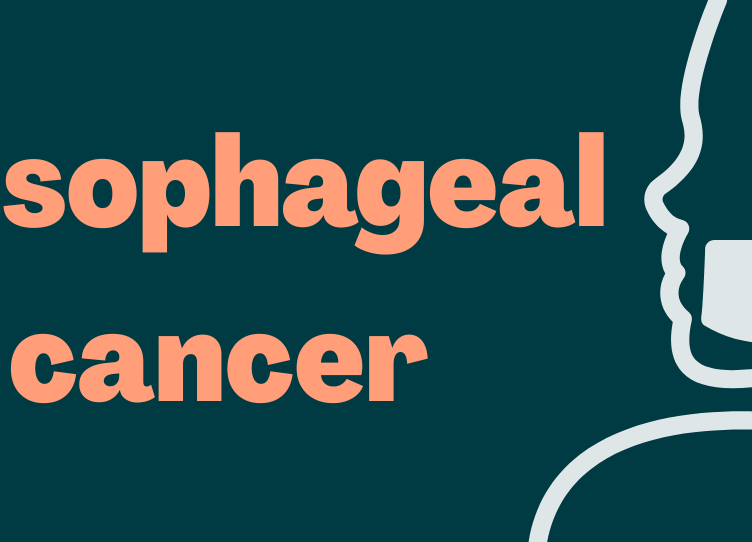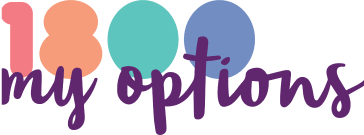Time we talk about bowel cancer
June is Bowel Cancer Awareness Month.
Bowel cancer (also called colorectal cancer) is cancer of a lower part of the bowel – the colon or the rectum.
- 1 in 15 Australian women will develop bowel cancer is their lifetime.
- Bowel cancer is the second-most common cancer in Victorian women.
- In January 2021, there were around 6367 women living in Victoria who had been diagnosed with bowel cancer in the last 5 years.
The risk of bowel cancer increases with age, and it can also be genetic. Two genetic conditions that can increase the risk are Familial Adenomatous Polyposis (FAP) and Hereditary Non-Polyposis Colon Cancer (HNPCC), also known as Lynch Syndrome.
The good news is that, if it is found early, it is one of the most treatable types of cancer. With an early diagnosis there is a 5-year survival rate of around 98%.

Screening for bowel cancer
In Australia, we are lucky to have a screening program that allows bowel cancer to be found before symptoms are seen. This means treatment is far more likely to be successful.
If you are between 50 and 75 years old, you will have been sent a screening test in the mail. All you need to do is collect 2 tiny poo samples, in the privacy of your own bathroom. Mail them back in the post bag provided. The samples will be tested for blood.
If blood is found, it might not be cancer. Your doctor will follow up quickly to find out what has caused the bleeding. They will make sure you get the care you need.
Some people feel squeamish about doing the test, but it is quick, easy and clean. Watch this video from the Australian Department of Health and Aged Care to see what you need to do.
Prevention
Of course, avoiding cancer is even better than catching it early.
Cancer Council Victoria gives these tips for lowering your risk of colorectal cancer:
- Be active
- Stay at a healthy weight
- Don’t eat processed meat
- Cut down on red meat
- Drink less alcohol
- Don’t smoke
- Eat wholegrains, dietary fibre and dairy foods.
You could speak with your doctor about whether aspirin might reduce your risk.
Bowel cancer treatment
Treating and managing bowel/colorectal cancer will depend on each person’s diagnosis and situation. Here are 4 great places where you can find out more:
- Bowel cancer: your guide to best cancer care is a fact sheet that steps you through each stage of diagnosis, treatment and management. It explains some medical words you might hear, a list of questions you might like to ask your treating team, and links to more information.
- Bowel Cancer Australia explains how the cancer is diagnosed and treated. You can also read stories from people who have had bowel cancer.
- The Bottom Line – podcast from Bowel Cancer Australia. A monthly chat sharing stories and information.
- Cancer Council Victoria has lots of information on diagnosis, treatment and management. Includes a link to download the booklet ‘Understanding bowel cancer’.
Peer support
Talking to someone who has had a similar condition can be reassuring. This is called peer support.
- Counterpart – Peer support volunteers. Women who have all had their own experience of cancer, supporting other women who have cancer.
- Bowel Cancer Australia – Peer-to-Peer Support Network Connects people in similar situations to talk about a challenge, experience or role they have in common.
- Support groups – Cancer Council Victoria offers a helpful list of local, phone and online support groups.










